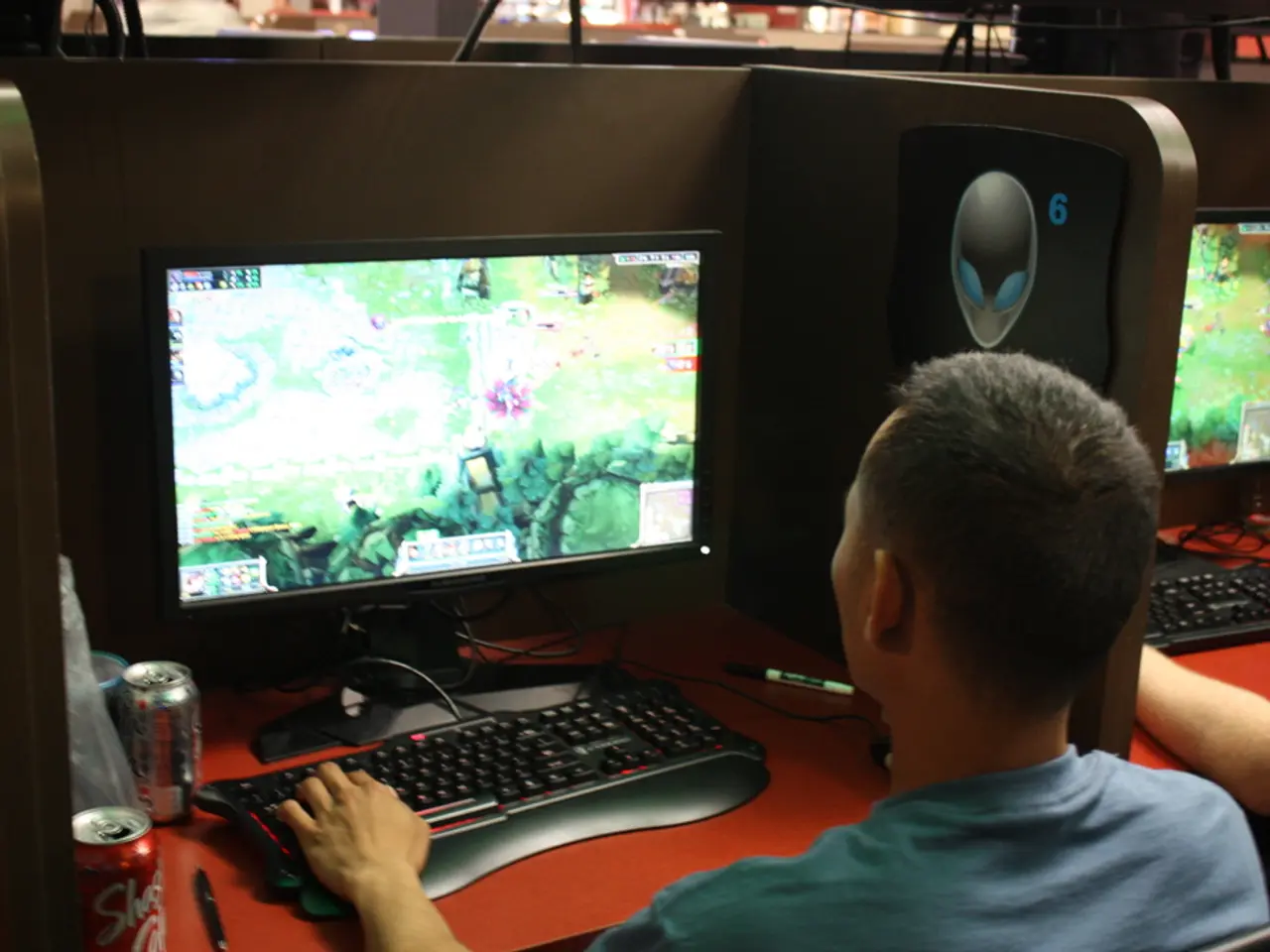Strategies for Safeguarding Your Private Data in Digital Gaming Environments
Securing Your Gaming Privacy: A Comprehensive Guide
In the digital age, protecting your online gaming activities is essential. Here's a guide to help you maintain gaming privacy and keep hackers and trackers at bay.
Use Strong, Unique Passwords and Enable Two-Factor Authentication (2FA)
Secure your gaming accounts by using strong, unique passwords and enabling 2FA. This combination makes it difficult for unauthorized users to access your accounts.
Keep Gaming Devices and Software Up to Date
Ensure your gaming devices and software are always updated with the latest security patches. This helps close vulnerabilities that hackers exploit.
Download Games and Apps Only from Trusted Sources
Always download games and apps from official, trusted sources such as Steam or verified developer websites. This reduces the risk of malware and game piracy.
Secure Your Internet Connection
Secure your internet connection using a VPN or personal hotspot. This encrypts your online traffic, preventing trackers and intruders from eavesdropping.
Limit Personal Information Shared Online
Be cautious about the personal information you share online. Limit the details you reveal, including usernames, real names, locations, and routines. Adjust privacy settings on social media and gaming platforms to restrict data visibility and reduce risks of targeted attacks.
Consider Anonymous or Privacy-Focused Gaming Platforms
Consider using anonymous or privacy-focused gaming platforms that implement end-to-end encryption and do not require personal data. These platforms offer more secure gaming experiences.
Use Password Managers and Employ Hybrid Login Methods
Use password managers to generate and store complex credentials. Activate device-level security features such as facial recognition, PINs, or remote wipe in case of device loss. Also, employ hybrid login and registration methods that bind game access to both hardware and user authentication tokens, limiting offline access and duplication of game progress on other devices.
Use a Separate Gaming-Only Email
Using a separate, dedicated gaming-only email can help keep spam out of your main inbox, track phishing attempts, and reduce the risk of identity leaks. It's also wise to use variations or throwaway usernames for different platforms, especially those tied to sensitive data. For additional stealth and protection, consider using an alias service or masked email tool.
Use a Privacy-Focused Search Engine
Lastly, using a privacy-focused search engine is recommended for online privacy. By following these measures, you create multiple layers of defense against hackers and trackers, preserving your gaming privacy and security online.
- Enhance your gaming lifestyle with technology by utilizing a privacy-focused search engine, which supports online privacy and forms an essential layer of defense against trackers and hackers.
- Ensure maximum gaming privacy when creating accounts by employing strong, unique passwords, enabling two-factor authentication (2FA), and utilizing a separate, gaming-only email for added security.




